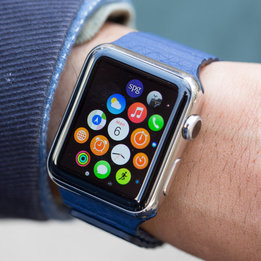Mammography can discover breast malignancies in early phase before anything can be felt clinically. Sometimes mammography shows dense breast tissue that might hide small lesions. Many state laws require that patients be informed if this is found, because the finding might suggest the value of further testing. Such laws may have led to excessive reports of such findings.
One’s best bet is see one of the top radiologists who abound in the New York area (and similarly elsewhere) and stay with the same radiologist. Also bear in mind that the finding may be transient and the underlying cause may well not be serious.


 RSS Feed
RSS Feed